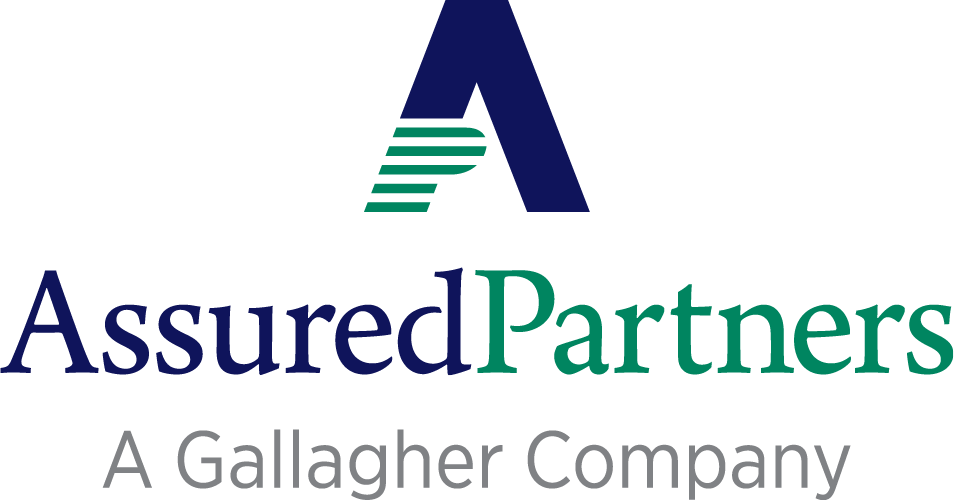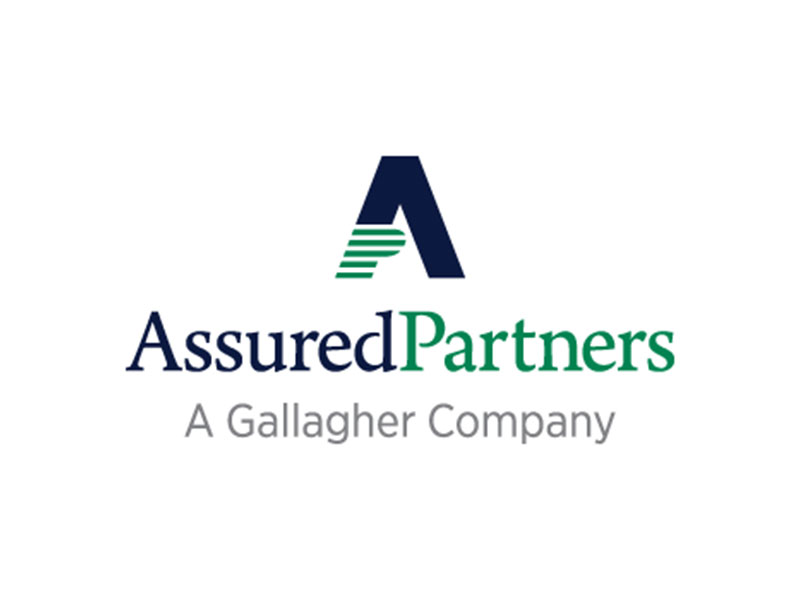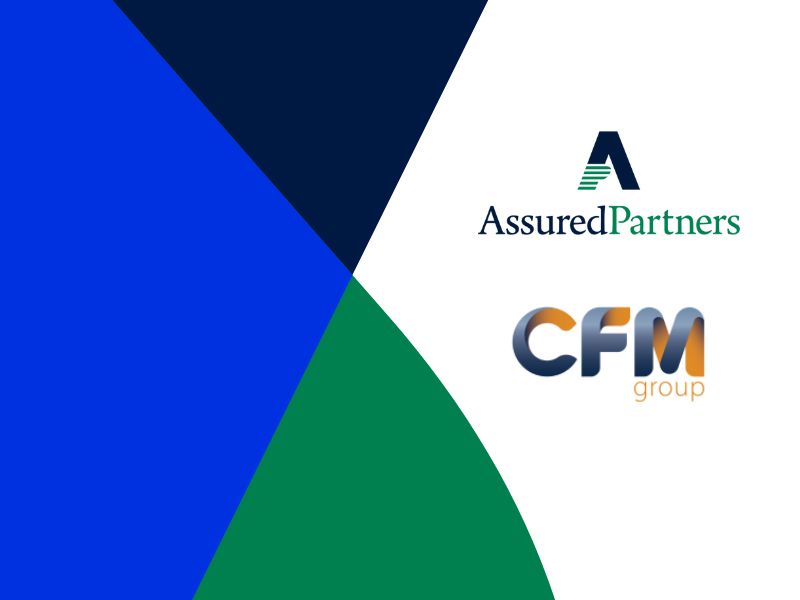
AI's Impact on Charities: The Future of AI in the Charity Space
31/10/2024 Written by: AP Communications
How is AI used by Charities?
The two main purposes of AI for charities are streamlining administrative tasks and fundraising. AI is not accessible to charities of all shapes and sizes.
According to Charity Excellence, AI is used by charities broadly across many areas, including:
- Basic administrative tasks
- Drafting communications
- Summarising reports, statistics and analytics
- Rewriting content in a different tone
- Writing grant applications
- Interview questions
- Setting objectives for workers
- Article, blog and copywriting
- Poster making and marketing
- Digital assets for advertising and web design
Example: JustGiving Story Enhancer
JustGiving has invested heavily in creating a new tool for people building fundraising pages to improve the words they use to tell their stories.

Where there are opportunities, there are also risks…
Charities and businesses must be fully aware of the risks they face, especially with the growing use of artificial intelligence (AI). While AI offers significant advantages, it also introduces new and complex challenges. Failing to manage these risks properly can lead to serious consequences, including financial losses, reputational damage, and even potential criminal liability for directors. As AI evolves, so too does the legal landscape around risk management.
Some of the key risks associated with AI include:
- Data Security and Privacy: When inputting data into third-party AI software for tasks like organization or segmentation, you may not know who else could gain access to this information, exposing sensitive data to potential breaches.
- Bias and Flawed Algorithms: AI systems are only as reliable as the data they are trained on. If that data is biased or flawed, the AI's output could lead to significant mistakes or insecurities. This could include unfair decisions or inaccurate results.
- Misinformation Vulnerability: Since AI often learns from online data, it is susceptible to replicating false or untrustworthy information, potentially spreading inaccuracies at scale.
- Intellectual Property Risks: Using AI generative tools can pose copyright, plagiarism, and attribution issues. Violating these laws could result in substantial fines for charities.
- Overreliance on AI for Critical Tasks: Delegating complex tasks like managing financial documents or performing credit checks to AI may compromise both security and accuracy. Charities could become vulnerable to exploitation, fraud, or theft if these tasks are not handled securely.
- Ethical Considerations: The use of AI can raise ethical concerns, such as replacing human workers or undervaluing colleagues' contributions due to AI's efficiency. Such issues need to be navigated carefully to maintain fairness and respect in the workplace.
Due to the heightened risks that AI presents, the insurance industry is adapting to offer new forms of risk protection. Insurers are beginning to roll out specific coverages for AI-related performance failures, which are becoming significant concerns across all sectors. These developments are essential to ensure charities and businesses are protected as they increasingly rely on AI to drive their operations.
Charities and Risk Management
How AI can impact insurance and risk mitigation within the charity sector
AI is a rapidly evolving risk, constantly reshaping the landscape and requiring frequent updates. As a result, insurance solutions must also adapt. AI has introduced new challenges, such as algorithmic bias and decision-making errors while rendering traditional risk models less effective.
The insurance industry's role is to help clients navigate these AI-related risks through both new risk protection products and existing coverage lines. The most critical and high-impact area of coverage will address AI performance failures. Insurance policies will need to cover potential financial losses due to AI malfunctions, business interruptions, reputational damage, and compensation for data breaches. These could result in significant, potentially costly claims.
One key concern is the handling of personal data and privacy when using AI. Mismanagement of sensitive information can lead to severe consequences, damaging client trust and breaching privacy regulations. Insurers and brokers are advising charities to maintain transparency, update their privacy policies, and ensure strong data protection practices to preserve operational integrity.
As AI advances, so does AssuredPartners. Reach out to AssuredPartners specialist Charity and Risk Management teams.

Laura Austin
Head of Charity
Birmingham Office
+44 (0) 121 423 6203
laura.austin@assuredpartners.co.uk
Related articles
Arthur J. Gallagher & Co. Closes Acquisition of AssuredPartners
AssuredPartners, a Gallagher company, is a global insurance brokerage with locations and expertise in the United States, the United Kingdom, and Ireland.
AssuredPartners announces the acquisition of City Financial Marketing Group
AssuredPartners, a leading insurance broker in the United States, UK and Ireland is excited to announce the acquisition of Dublin-based City Financial Marketing Group Limited (“CFM”). The transaction, which is subject to customary regulatory approval, is anticipated to complete in April 2025.
Salus: The Unique Charity Solution from AssuredPartners
At AssuredPartners, we’ve always believed in tailoring insurance and risk solutions to meet the specific needs of the sectors we serve. After extensive research into the intrinsic connection between risk management and insurance, we are proud to introduce Salus.








